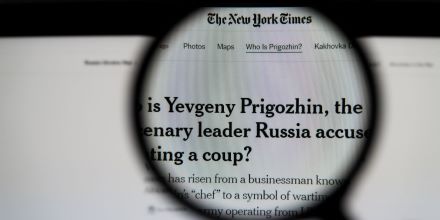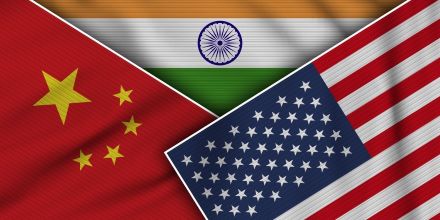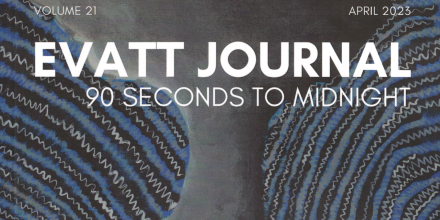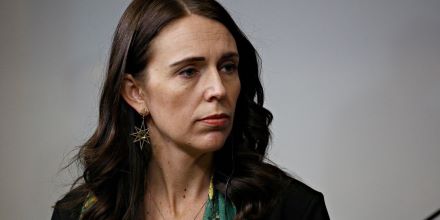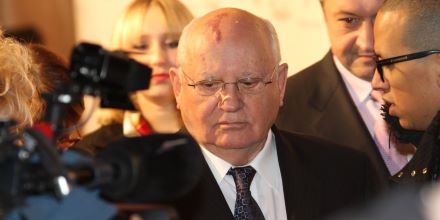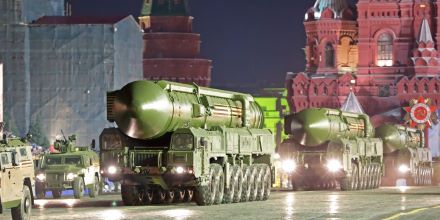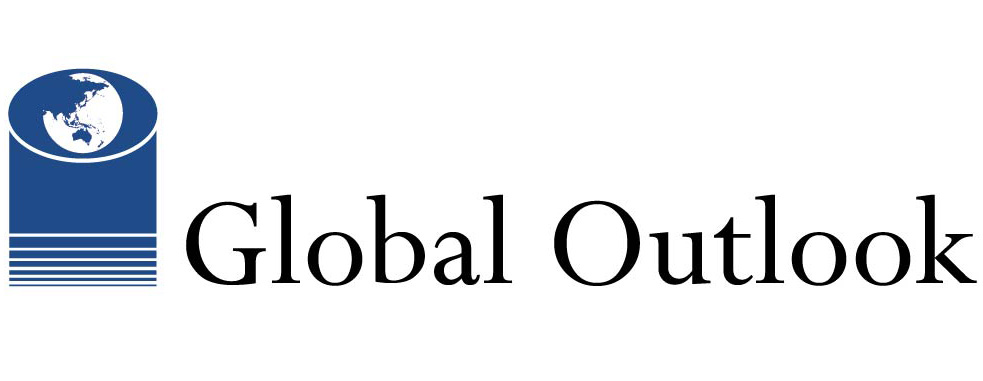
Curated expert opinion on intractable contemporary issues
Global Outlook Articles by Ramesh Thakur
Ramesh Thakur is emeritus professor in the Crawford School of Public Policy, Australian National University; Senior Fellow, Toda Peace Institute; and a member of the Asia-Pacific Leadership Network Board of Directors. He was formerly a United Nations Assistant Secretary-General and Co-Convenor of the APLN.
The Wagner Coup: Strategic Setback or Military Deception?
By Ramesh Thakur | 07 July, 2023
The Wagner coup equation doesn’t compute. It just doesn’t add up. Herbert Wulf gave us a concise summary of the surreal 24 hours that gripped the world. But there are missing pieces of the puzzle that we haven’t been given.
U.S. Allies Look For Their Place In The Emerging Global Order
By Ramesh Thakur | 08 June, 2023
America and the West are more isolated from the rest of the world than at any time since WWII.
Four Nuclear Myths
By Ramesh Thakur | 06 June, 2023
The Dr. H.V. Evatt Foundation publishes the Evatt Journal. Volume 21, published in April, was a special issue on ‘90 Seconds to Midnight’, referencing the famous Doomsday Clock from the Bulletin of the Atomic Scientists, edited by Casey Thompson and Huw Phillips. The Toda Peace Institute’s Senior Research Fellow, Professor Ramesh Thakur, who contributed a chapter, was a panellist at the launch of the journal in Canberra on Thursday 1 June. This is the text of his initial remarks.
Why New Zealand Should Back India’s Bid to Join the Nuclear Suppliers Group
By Ramesh Thakur | 14 December, 2022
India has long been interested in joining the Nuclear Suppliers Group (NSG) that was established in 1975, after India’s ‘peaceful nuclear explosion’ in the previous year, to prevent misuses of transferred nuclear technology and materials. In 2008, the NSG controversially decided to grant India a ‘clean waiver’ from its strict rules linked to the Nuclear Non-Proliferation Treaty (NPT).
Gorbachev Changed the World
By Ramesh Thakur | 04 September, 2022
Mikhail Sergeyevich Gorbachev (1931–2022) was revered abroad for having ended the Cold War without a shot fired as Warsaw Pact countries regained independence, the Berlin Wall came tumbling down and Germany was reunified in 1989–90. Soviet forces left Afghanistan. He reversed the arms race and dismantled tens of thousands of nuclear weapons.
How Much Damage Have Putin’s Threats Done to the Nuclear Non-Proliferation Regime?
By Ramesh Thakur | 19 July, 2022
Russia’s invasion of Ukraine, it’s fair to say, has already profoundly shaped the global discourse on nuclear weapons. In the deliberations at the inaugural meeting of the states parties of the Treaty on the Prohibition of Nuclear Weapons in Vienna last month, the Ukraine war cast a long shadow over the utility and limits of nuclear weapons as a deterrent and as a tool of coercive diplomacy
The views and opinions expressed in Global Outlook are those of the authors and do not necessarily reflect the official policy or position of Toda Peace Institute.
